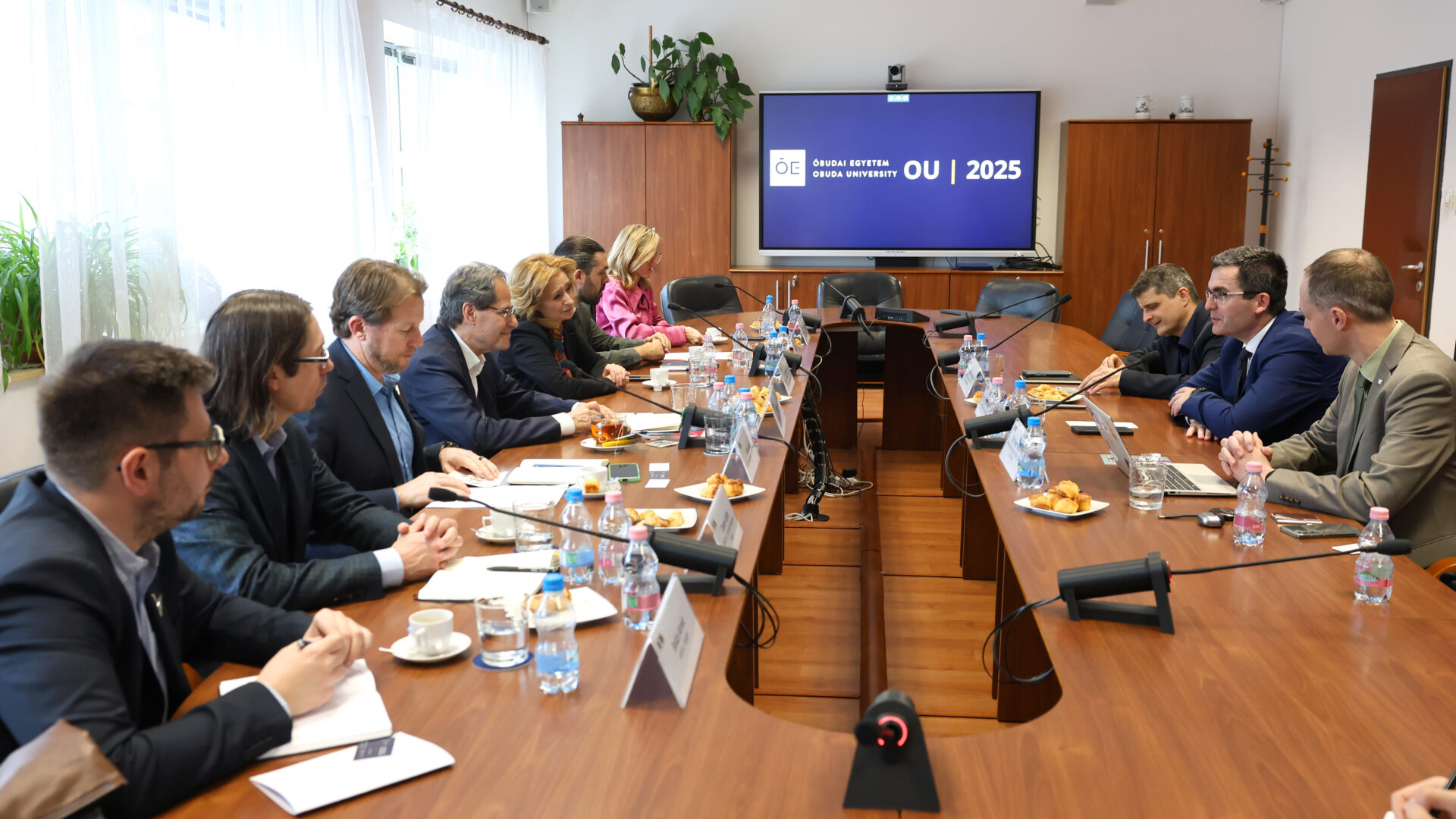Virtual Design for the Moon
Obuda University and the American company Voyager Science Parks LLC signed a strategic cooperation agreement on March 10. The partnership aims to develop a joint research project within the framework of the George Washington Carver Science Park, with one of its key focus areas being participation in the "NASA LunaRecycle Challenge" competition.
The American delegation included Mike Lewis, Chief Technology Officer of Voyager, Cooper Caillier, Director of Corporate Development at Voyager, and Balázs Komár, Consultant at Voyager.

Voyager Science Parks LLC is a key player in the commercial utilization of space and is part of Voyager Technologies, Inc., a globally recognized company in the space industry. Obuda University, a leading institution in Hungary for technical and business sciences, is increasingly emphasizing space research and space industry developments.
The primary goal of the partnership is to submit a joint proposal for NASA's "Luna Recycle Challenge," which utilizes digital twin technology to improve space recycling processes. The "Digital Twin Track," developed by NASA, enables the virtual design and testing of complex systems in extreme environments, such as the Moon or Mars. This challenge focuses on creating a digital twin that models the recycling of solid waste and the production of end products on the lunar surface, reducing the need for physical prototypes while saving time and costs.
Obuda University will be responsible for developing the characteristics, architecture, and visualization of the digital twins, as well as creating an animated visualization. Voyager Science Parks will oversee presenting the project team and vision, developing recycling and manufacturing processes, and officially submitting the proposal.
The agreement is non-exclusive, allowing both parties to collaborate with additional partners on similar projects. Over the next 120 days, the parties aim to develop a more detailed, legally binding agreement. This cooperation strengthens Hungary's role in the international space research and development sector and opens new opportunities for the university’s students and researchers.



